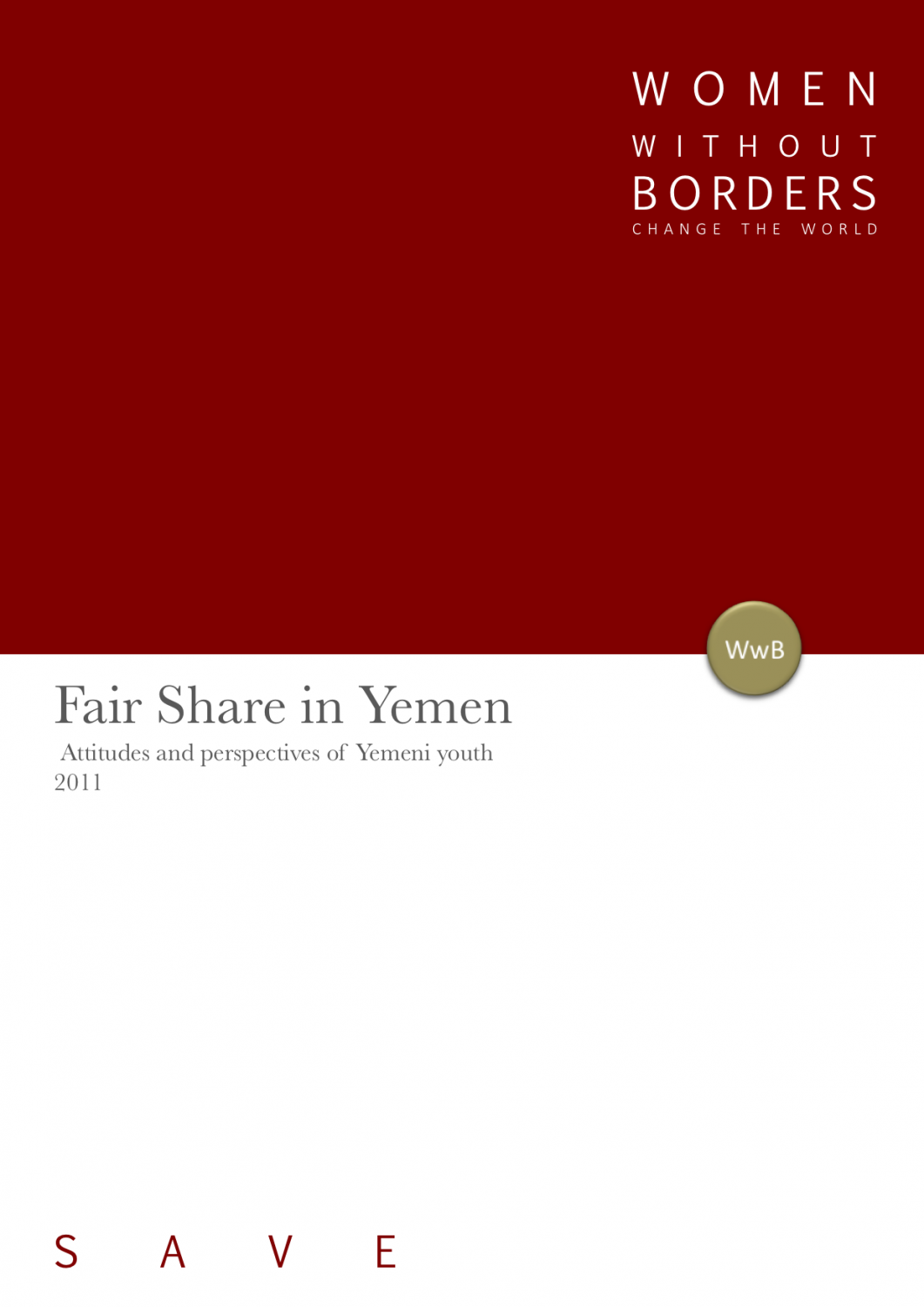When, following the expulsion of the Taliban, Nimruz became the first southwestern province of Afghanistan to grant women the right to work and attend school, Women without Borders (WwB) responded in 2003 by founding a Women’s Centre in the city of Zaranj. Beyond offering a wide range of educational training and leadership development classes, the Centre also functioned as a shelter that offered a safe space and counselling to women who had experienced domestic and sexual violence. After six successful years of supervising, monitoring, and growing this project, a dedicated team comprised of community leaders and former programme participants assumed the role of sustaining the Centre.
Afghan women living under Taliban rule were banned from partaking in public life and confined to their homes. For over a decade, they had been at the mercy of men, and a high number had experienced structural, domestic, and sexual violence. Since Afghan females were not afforded the right to attend school or go to work, a lack of education and high illiteracy rates were also common. When Nimruz became the first province in southwestern Afghanistan that once again permitted girls to enrol in school and women to enter the workforce, the Afghan Ministry for Women requested that Women without Borders (WwB) develop a project directed at building up female leadership.
Following this call for action, and with the support of the Austrian Ministry for Social Affairs, WwB established the Nimruz Women’s Centre and Shelter in the provincial capital Zaranj in order to tackle issues of violence against women (past and ongoing) and the lack of access to education and jobs. The Centre offered a wide array of programmes and services to women from across Nimruz Province. Many of the courses were designed to equip them with the skills that prospective employers expected. In doubling as a shelter, the Centre also created a safe space for women to connect with each other, build trust and support networks, share their stories and concerns, and gain a heightened awareness of female agency. While the Centre supported a daily average of two hundred women, services were also provided through house visits for women who lived further afield and had no means or the permission to visit the facility.
In due time, the Centre grew to include counselling and training through computer classes, English language instruction, legal and health advice, literacy development courses, and workshops that encouraged community-based action and fostered leadership qualities. The monthly monitoring process enabled WwB to regularly update and improve the quality of teaching material in order to account for changes on the ground, higher numbers, and personal development.
The growing community enthusiasm for the Centre’s programmes soon attracted the attention of influential leaders like the governor of Nimruz Province, who endorsed the project’s approach and offered his full support for its institutionalisation. Owing to the project’s positive reception, WwB could expand its popular computer classes after receiving the necessary support to purchase new computers. Rising demand, coupled with deeper community trust in the Centre’s programmes across the province, made it possible to adopt the literacy classes in highly affected places, including Haji Wakil and the Pashtun village of Abdul Rahim. By 2008, local grassroots leaders and women who had benefited from the project decided to take on the task of independently managing and sustaining the Centre.


